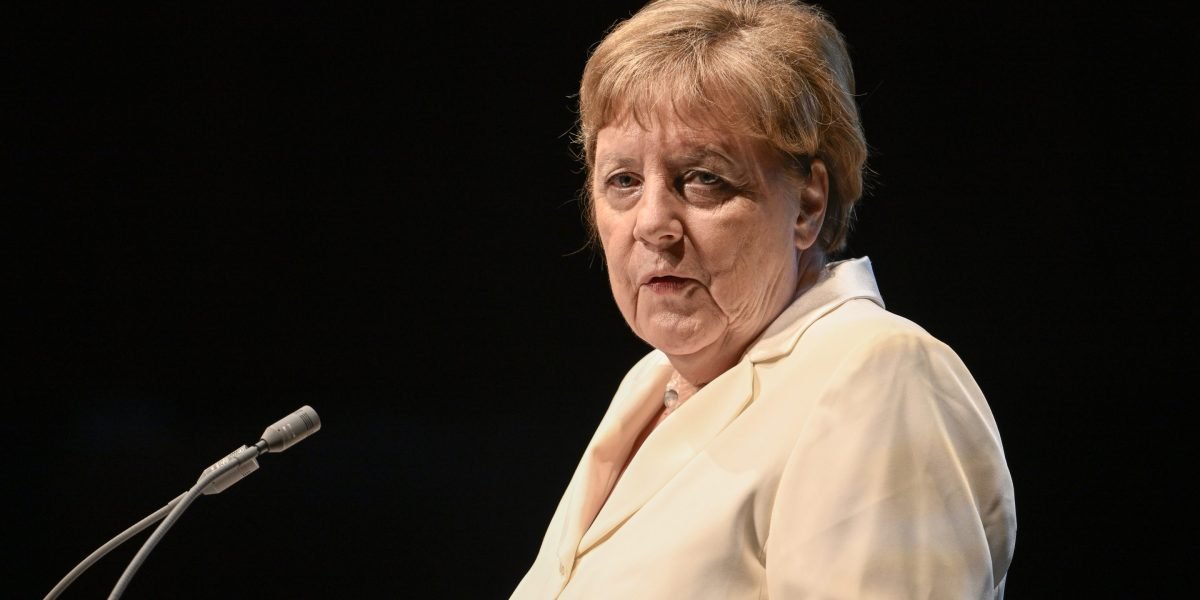Unlock the Editor’s Digest for free
Roula Khalaf, Editor of the FT, selects her favourite stories in this weekly newsletter.
The UK’s competition watchdog will explore waving through more company mergers without forcing businesses to sell assets, weeks after Sir Keir Starmer claimed the agency was holding back Britain’s growth.
The Competition and Markets Authority will hold a review in the new year into whether it should more frequently use “behavioural remedies” when approving deals, chief executive Sarah Cardell will say in a speech on Thursday.
These can include investment commitments or mandatory price freezes, but typically offer weaker consumer protection than traditional requirements that companies sell part of the merged business.
The review will come as the CMA tries to defuse criticism from the prime minister that it is stifling British growth, after Starmer told global executives last month that he wants to “make sure that every regulator in this country, especially our economic and competition regulators, takes growth as seriously as this room does”.
Ahead of her speech at Chatham House on Thursday, Cardell defended the agency’s record on “supporting productive and sustainable growth”.
“When we set our own strategic priorities back at the start of 2023 . . . we made clear that supporting productive and sustainable growth across the whole of the UK economy was a key priority for the CMA,” she told the Financial Times.
It is “not a surprise to me at all that the government should be looking to the CMA, as it’s looking to other regulators, to be supporting that growth mission”, she added.
She stressed that plans for next year’s review — which will also look at whether sectors with regulators could be more open to behavioural remedies — were in place before Starmer’s recent criticisms.
The agency is widely expected to clear the £16.5bn merger between Vodafone and CK Hutchison’s Three UK in the coming weeks, on the condition that the combined group commits to behavioural remedies that include spending £11bn upgrading their UK network, and retaining certain customer tariffs for a period.
The decision would be a departure from its historical approach that requires companies to offload assets before a deal is approved. UK regulator Ofcom would be responsible for ensuring the companies’ fulfil their commitments.
Cardell cautioned that she did not “think the approach to the Vodafone Three merger . . . should be taken as an indication of a sort of fundamental change of approach”, despite the review that will take place next year.
The CMA has taken on a more significant role in shaping the UK market since Brexit, including having oversight of the largest corporate deals in Britain.
It came under fire last year over its handling of Microsoft’s $75bn acquisition of Activision Blizzard.
While the regulator ultimately approved the video games industry’s biggest-ever deal, the agency and Cardell faced criticism from business leaders, dealmakers and legal advisers for its initial move to block the tie-up.
Cardell said the Microsoft outcome shows that growth can be maintained with the right remedies, which allows a deal to progress while maintaining competition.
Of the roughly 50,000 deals announced in the 12 months to March 2024, the CMA conducted initial phase one investigations into 54, Cardell said. Of those, only nine moved to a more in-depth phase two probe and one merger — the Microsoft-Activision deal — was initially blocked.
However, she said the CMA is also taking steps to engage better with business across sectors including venture capitalists and the private equity industry, which may involve greater use of secondments.
Next year, the regulator will name certain tech businesses as having “strategic market status” under new laws. This means they will be subject to certain conduct rules to ensure fair market behaviour.
The companies must have “substantial and entrenched market power”, and are expected to apply to a handful of Big Tech companies.
But she stressed the new rules are not “just about regulating Big Tech”.
She added: “It’s about ensuring that the major players in digital markets are able to continue to play the critical role that they do in the UK economy in terms of driving innovation, bringing in investment, but that they can do that alongside creating opportunities for the smaller players.”














Leave a Reply